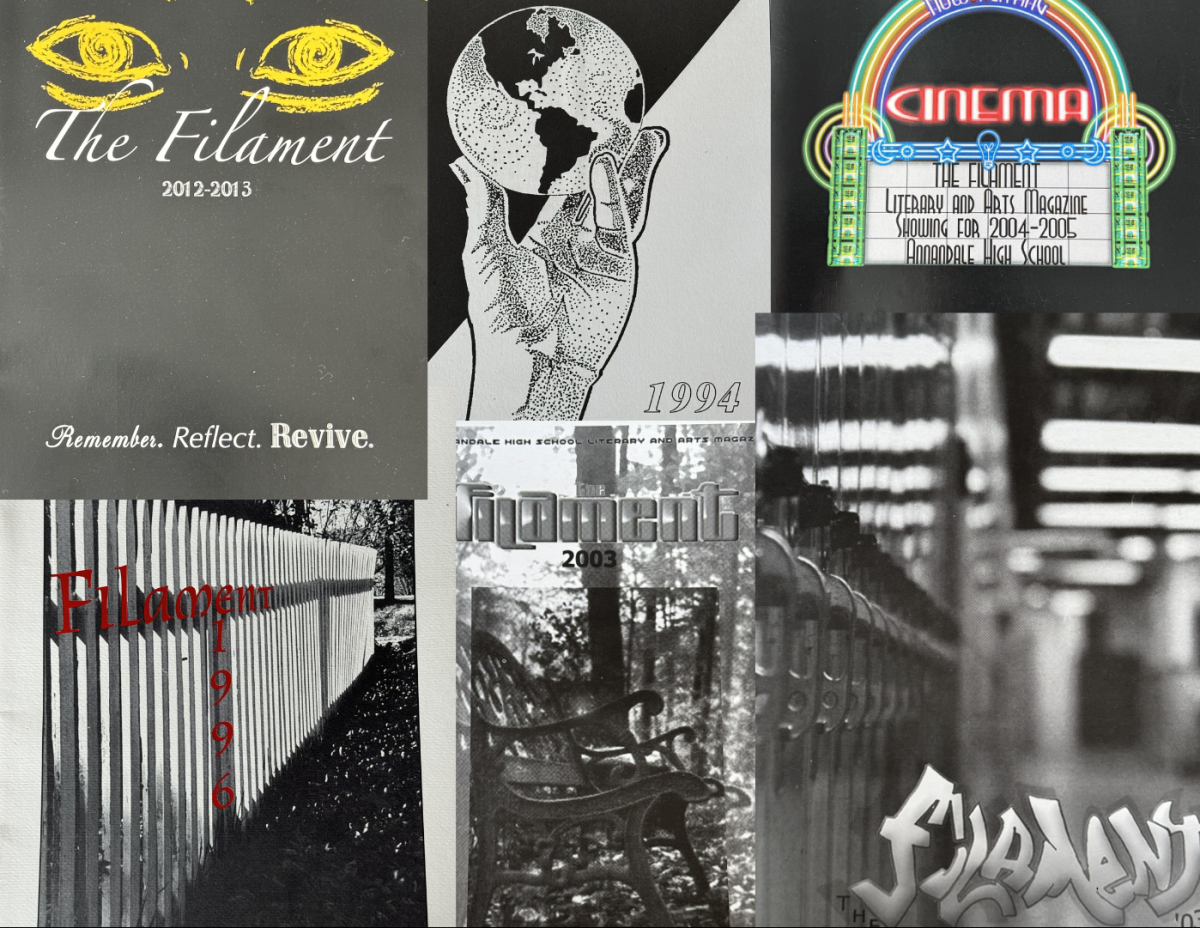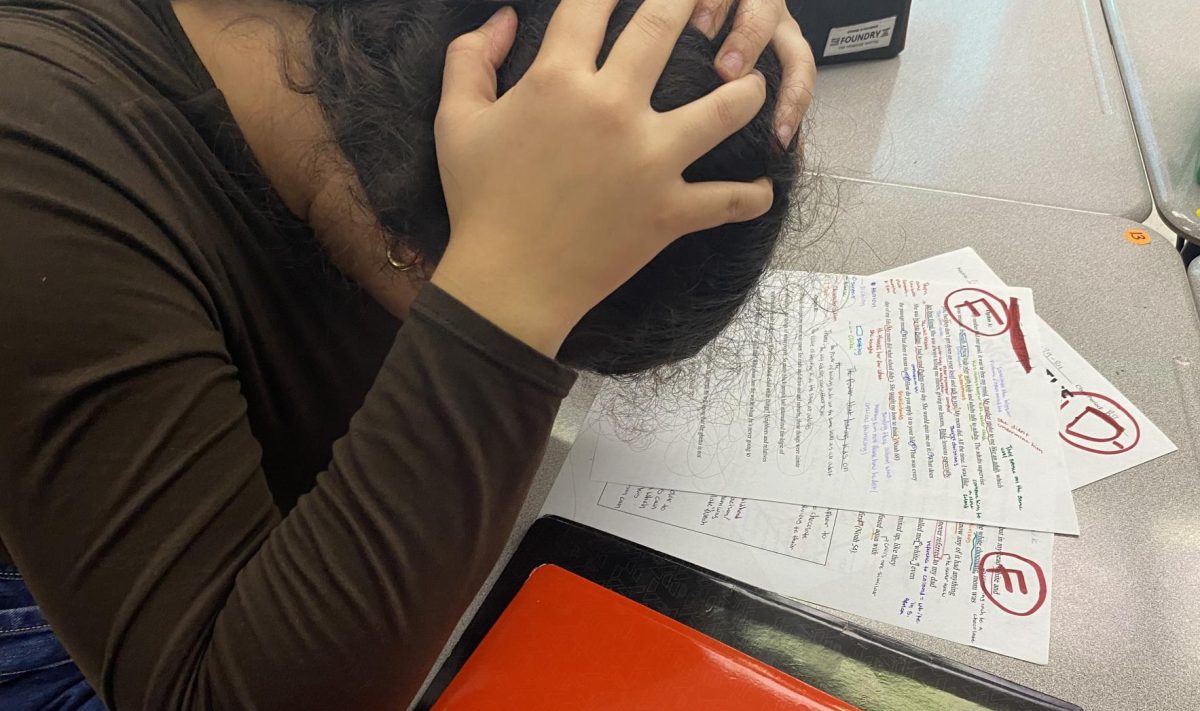It is a well-known fact that AHS possesses a highly diverse student population, one that represents 84 different countries and 57 languages. It therefore seems surprising that only two AHS students come from Israel, and only one from Palestine.
Most Middle Eastern AHS students hail from countries with an anti-Israel stance in terms of the conflict in the area. This fact contributes to the findings of a recent survey, which revealed that a greater majority of students show support for the Palestinian side of the issue than the Israeli.
This view contradicts that of the U.S., who has taken a strong pro-Israel stance in its foreign policy since 1948, when Israel first officially declared itself a nation.
As a high school located so closely to Washington, D.C., one might expect that the majority of AHS students take the stance of the federal government and support the Israelis. However, surveys have shown that 27 percent of the student body shows support for Palestine in comparison with the 12 percent who support Israel.
In addition, 28 percent of the students surveyed agreed that Israelis do not have the rights to occupy Palestine, and 39 percent say that Palestine should be recognized as an independent nation. Considering the diversity of AHS, the opinions of its students represent a broad international outlook on the conflict.
The survey, however, best represents an unfortunate truth about AHS students. Only 28 percent of students describe themselves as knowledgeable about the Israeli-Palestinian conflict and most students are unaware of the situation and events occurring in the area. Of the students polled, a whopping 74 percent described themselves as either somewhat aware of the conflict or not aware at all.
Gabe Romano, a health teacher at AHS and sponsor of the Jewish Culture Club, was taken aback when told about the high percentage of students unfamiliar with the situation.
“I’m surprised, to be honest, because we have such a diverse population at AHS,” he said. “I can assure you that many of the students have parents who know about the conflict, or are even here because of it. It’s very surprising that our student body isn’t more educated about the situation.”
John Hawes, who teaches Government and IB Theory of Knowledge at AHS and sponsors the Muslim Student Association, was not surprised by the large percentage of unaware students, but felt that it was indicative of the country at large.
“I think that it’s not so much a problem of AHS not knowing,” he said. “The whole country doesn’t pay enough attention to international conflicts in general, or to conflicts in individual areas.”
Hawes also acknowledges that the crisis is not accurately represented by the media. The many issues concerning America and other countries often subjugate the Israeli-Palestinian conflict to the sidelines of media reports and activist attention. When it does receive attention from the press, bias or inaccuracy tend to be present in the report.
“I don’t think the Israeli-Palestinian conflict is represented accurately in media reports,” Hawes said. “I think that as part of our knowledge of overall world affairs, we tend to simplify issues and don’t deal very well with complex problems.”
For many students at AHS and for many people throughout the world, the Israeli-Palestinian conflict is a major tragedy and extremely prevalent issue. No easy resolution seems to be in reach, despite the best efforts of negotiators from many different countries, and the U.N. itself. To many, including Romano, the fight over land seems futile to begin with.
“If you think about it, we’re all born on this earth and really live for a very short time before passing on,” he said. “In this way, the land we live on is really only on lease to us, we’re simply borrowing it for the time being. When you think about it that way, there’s no reason why the Israelis and Palestinians can’t share the land, because they will never be able to hold onto it forever.”







